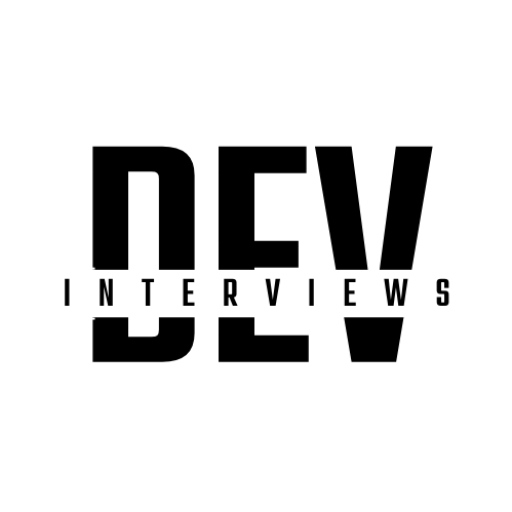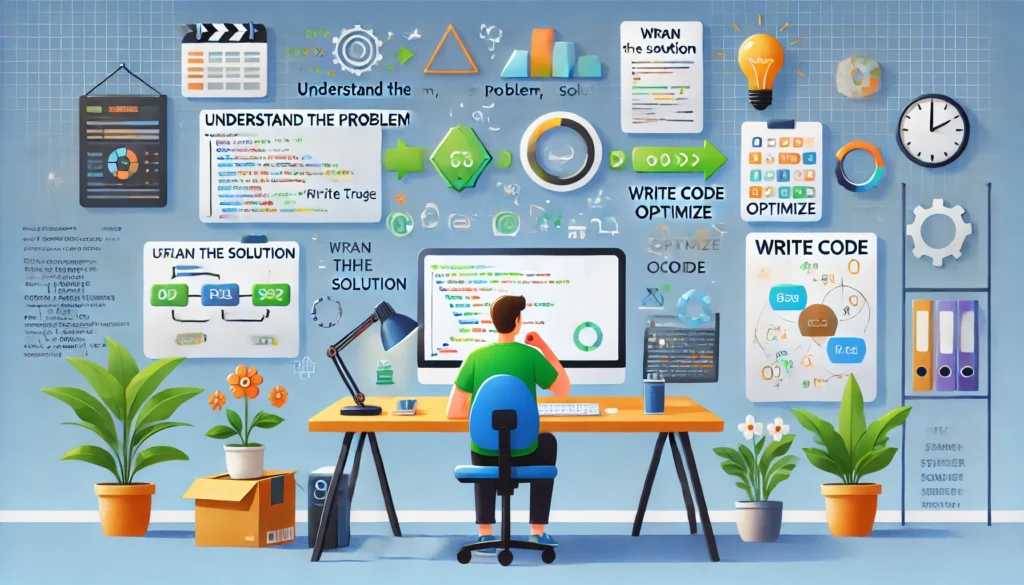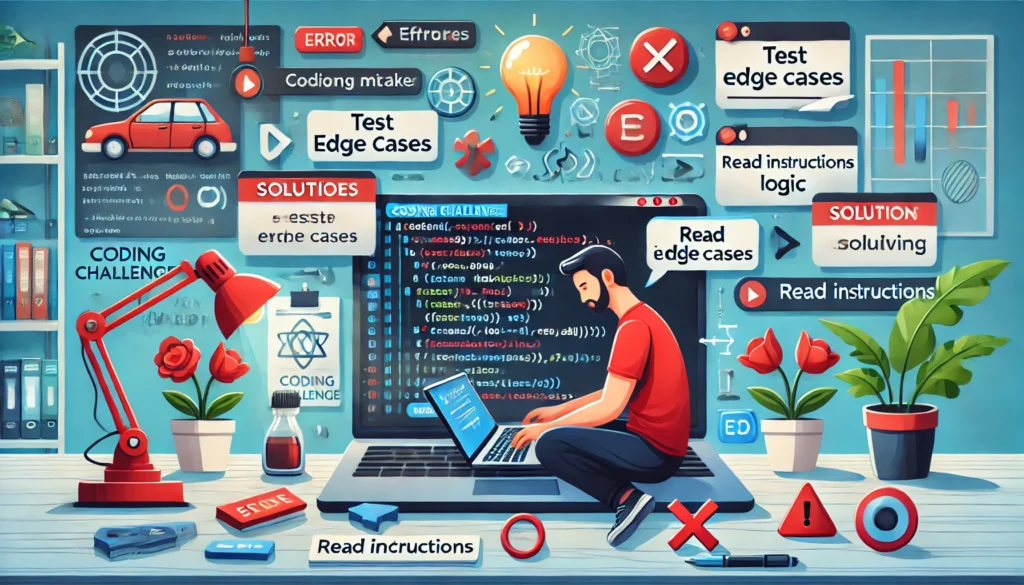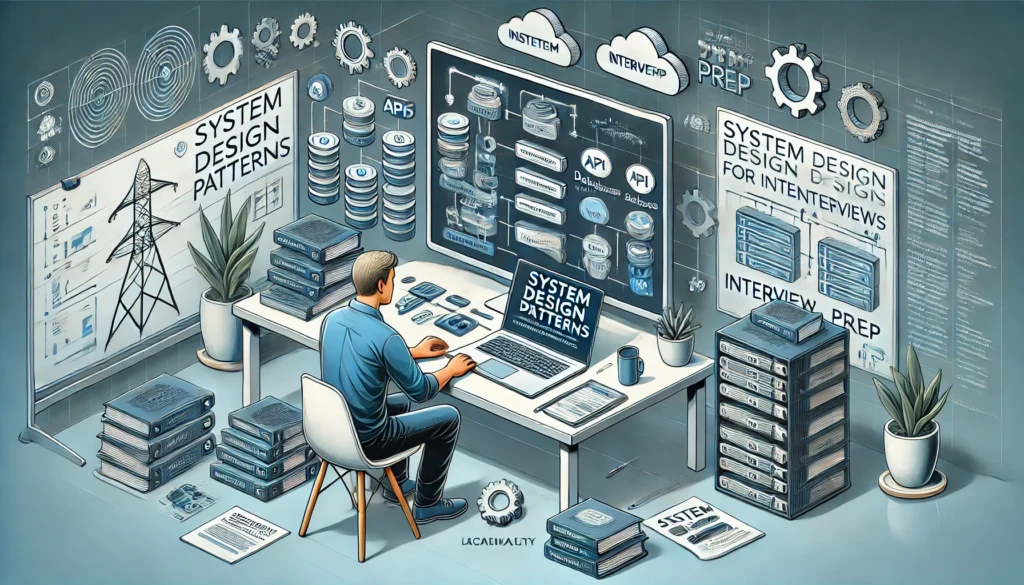Full-stack developer roles are in high demand, as companies seek professionals who can handle both frontend and backend development. Whether you’re interviewing for a startup or a large tech company, knowing how to prepare for a full-stack interview can make all the difference. This guide covers the key topics typically addressed in a full-stack developer interview and provides practical tips to help you succeed.
1. Understanding the Full-Stack Role
Before diving into the specifics, it’s crucial to understand what hiring managers are looking for in a full-stack developer. Generally, they want someone who can:
- Build and maintain both client-side (frontend) and server-side (backend) applications.
- Work with databases, servers, APIs, and other technologies.
- Ensure that the whole application is functioning seamlessly and efficiently.
- Collaborate with designers, product managers, and other developers.
2. Common Topics Covered in a Full-Stack Interview
Full-stack interviews typically cover a wide range of topics to assess your expertise across both the frontend and backend. Here are the most common subjects:
1. Frontend Development
- HTML/CSS: Interviewers will often ask questions about building responsive layouts, semantic HTML, and styling components using CSS. Be prepared to write or debug code during the interview.
- JavaScript: As the primary language of frontend development, you’ll need to demonstrate proficiency in JavaScript. Expect questions on topics like ES6 features (e.g., promises, async/await), event handling, and DOM manipulation.
- Frameworks/Libraries: Modern frontend frameworks like React, Vue.js, or Angular are commonly used in full-stack development. You may be asked to explain component lifecycles, state management, and how to handle data flow in one of these frameworks.
- Performance Optimization: Understanding how to optimize the frontend for faster load times is key. Topics may include lazy loading, minimizing HTTP requests, and reducing the use of heavy libraries.
2. Backend Development
- Server-Side Languages: Proficiency in at least one backend language like Node.js (JavaScript), Python (Django/Flask), Ruby on Rails, or Java is often tested. You may be asked to build an API, handle requests, or write a simple script during the interview.
- APIs (REST and GraphQL): Since APIs are crucial in full-stack development, expect to answer questions on how to design, secure, and maintain APIs. Interviewers might ask you to create or optimize an API endpoint during a coding exercise.
- Databases: Full-stack developers are expected to manage databases. You should be familiar with both relational databases (e.g., MySQL, PostgreSQL) and NoSQL databases (e.g., MongoDB). Be ready to answer questions on database design, writing queries, and normalization.
- Authentication and Authorization: Understanding how to implement secure user authentication (e.g., OAuth, JWT tokens) and manage user roles is crucial for any full-stack developer. You may be asked how to handle user sessions and prevent security vulnerabilities.
3. Version Control and Collaboration
- Git: Most companies use Git for version control. You should be comfortable with branching, merging, resolving conflicts, and writing clear commit messages.
- Collaboration Tools: Tools like GitHub, GitLab, and Bitbucket are used for team collaboration. Understanding pull requests, code reviews, and CI/CD pipelines may be discussed.
4. Testing and Debugging
- Unit Testing: Interviewers may ask you to write tests for both frontend and backend code. Be familiar with testing frameworks like Jest for JavaScript or PyTest for Python.
- Debugging: You may be given buggy code and asked to identify and fix issues. Strong debugging skills are essential, and you should know how to use browser developer tools and backend logging to troubleshoot problems.
5. System Design
- Scalability: As a full-stack developer, you should understand how to design systems that can scale as user demand grows. Be prepared to discuss database sharding, load balancing, and caching strategies (e.g., using Redis or Memcached).
- Microservices vs. Monoliths: You may be asked to compare monolithic architectures with microservices, and explain when to use each. Demonstrating an understanding of how to break down applications into modular services can be a plus.
- Cloud Platforms: Familiarity with cloud services like AWS, Azure, or Google Cloud is often required. Be ready to discuss deploying applications, managing databases in the cloud, and using cloud storage solutions.
3. Practical Tips for Full-Stack Interview Preparation
1. Review Core Programming Concepts
Revisit the fundamentals of the programming languages you’ll be using in the interview, particularly JavaScript for frontend and your preferred backend language. Practice coding problems on platforms like LeetCode or HackerRank to sharpen your problem-solving skills.
2. Brush Up on Your Framework Knowledge
Ensure that you’re comfortable with the frontend framework or library mentioned in the job description (e.g., React, Vue.js). Review lifecycle methods, hooks, and how to manage application state. For backend, make sure you can efficiently build REST APIs, connect to a database, and handle authentication.
3. Work on Sample Projects
Build small, full-stack projects that showcase your ability to work across the stack. This will give you hands-on experience and help you become familiar with the tools and workflows needed for real-world development. Projects that include both frontend and backend functionality, such as a simple blog or a task manager app, are great examples to include in your portfolio.
4. Prepare for Behavioral Questions
Full-stack developer interviews often include behavioral questions. Be ready to talk about how you’ve handled challenges in past projects, worked in teams, and dealt with difficult clients or deadlines.
5. Practice Whiteboard and Live Coding
Many interviews will include a live coding session or a whiteboard challenge. Practice writing code by hand and explaining your thought process clearly and concisely.
6. Understand the Job Requirements
Tailor your preparation to the specific job you’re applying for. If the role is heavily focused on frontend or backend work, allocate more time to brushing up on those skills.
Conclusion
Full-stack developer interviews are comprehensive and cover a wide range of topics. By preparing for both the technical and practical aspects of the role, you can showcase your ability to handle end-to-end development tasks. Focus on your strengths, brush up on areas where you feel less confident, and practice coding regularly to stay sharp. With the right preparation, you’ll be able to navigate the interview process and land the full-stack developer position you’re aiming for.




